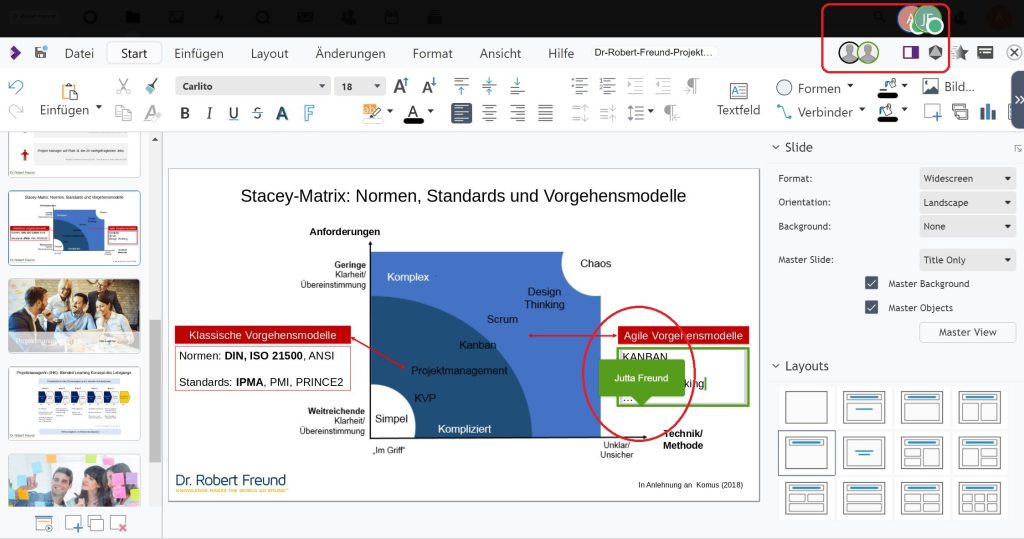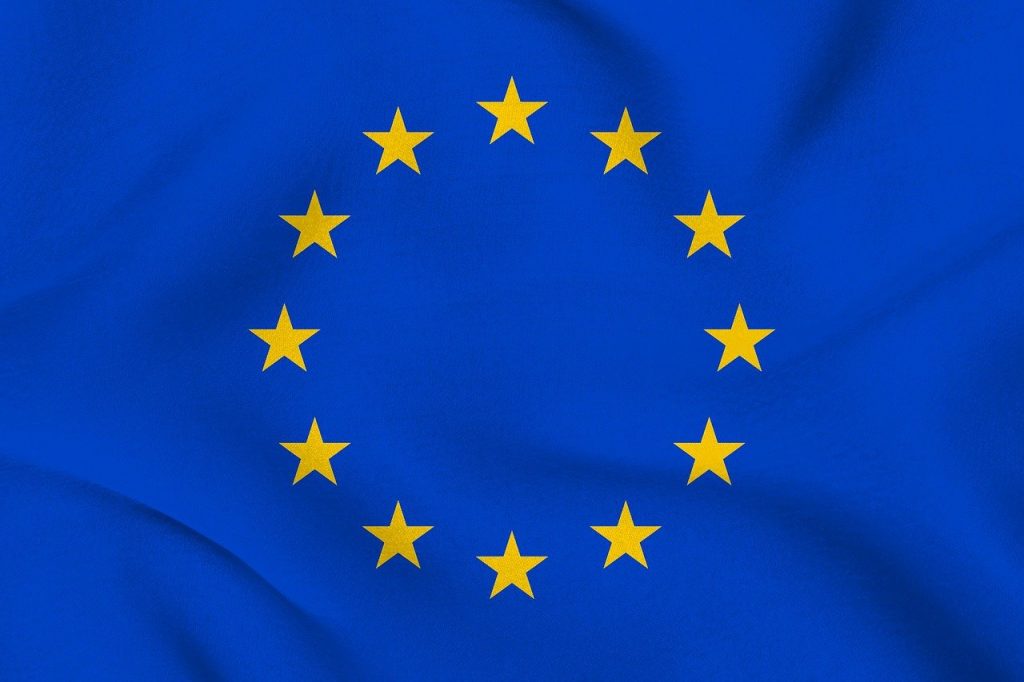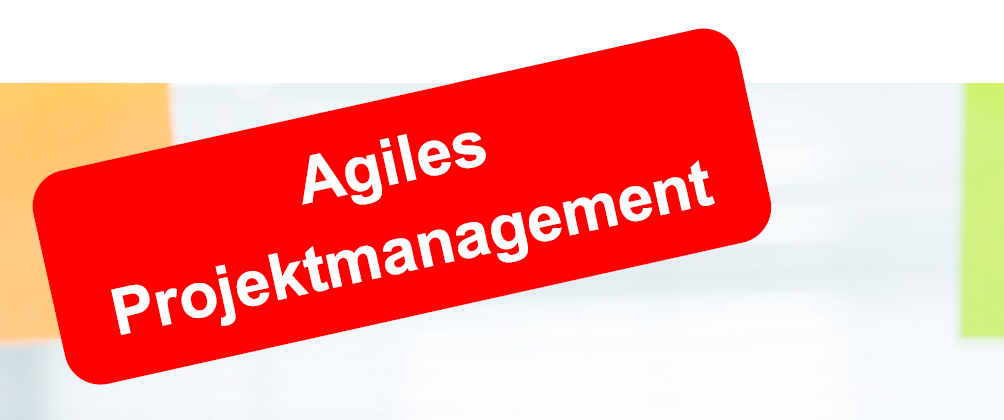
In Unternehmen kommen verschiedene Problemlösungen (simple problem solving – complex problem solving) zuammen, die von Individuen und/oder von Gruppen bewältigt werden müssen. Einerseits gibt es Tätigkeiten, die als Individuum durchgeführt werden können und einen geringen Grad an Komplexität (Transaktionsmodell) oder einen hohen Grad an Komplexität haben (Expertenmodell). Andererseits gibt es auch Vorhaben, die in Gruppen/Teams bearbeitet werden müssen, wobei auch hier der Grad der Komplexität niedrig (Integrationsmodell) und hoch (Kollaborationsmodell) sein kann.
“Das Kollaborationsmodell beinhaltet nicht nur, wie das Expertenmodell, die Notwendigkeit des individuellen Urteils- und Interpretationsvermögens, sondern auch die Zusammenabeit in Gruppen. Es erfordert ausgeprägtes Fachwissen über Funktionsgrenzen hinweg und den Einsatz flexibler Teams. Häufig besteht der Zwang, kurzfristig zu improvisieren, ´mal eben´eine passende Lösung zu finden. Typische Tätigkeiten finden sich in den Bereichen Forschung, Produktentwicklung sowie Design und Ingenieursarbeit” (Rogalla et al. 2001: Wissensmanagement. 6. Studienbrief)
Durch das dynamisch vernetze Umfeld kommt es in immer mehr Bereichen zu den Arbeitssituationen, die ein Kollaborationsmodell erfordern. Im Projektmanagement finden wir immer mehr Projekte, bei denen die Anforderungen und auch die Methoden weitestgehend unklar sind. Für solche Vorhaben ist das Agile Projektmanagement geeignet, das verschiedenen Vorgehensmodelle (KANBAN, SCRUM, Design Thinking etc.) anbietet und über Kollaborationsplattformen unterstützt.
Bei der Betrachtung der verschiedenen Modelle wird allerdings auch deutlich, dass es in den Organisationen nicht nur das Kollaborationsmodell gibt, sondern auch die anderen drei genannten Möglichkeiten, Problemlösen (Arbeit) zu organisieren. Auf das Projektmanagement bezogen bedeutet das, dass es zu vielfältigen Kombinationsmöglichkeiten kommt, die in einem Hybriden/Adaptiven Projektmanagement integriert werden können, und gestaltet werden müssen.

In den von uns entwickelten Blended Learning Lehrgängen Projektmanager/in (IHK) und Projektmanager/in AGIL (IHK) gehen wir auf diese Zusammenhänge ein. Informationen zu den Lehrgängen und zu aktuellen Terminen finden Sie auf unserer Lernplattform.









